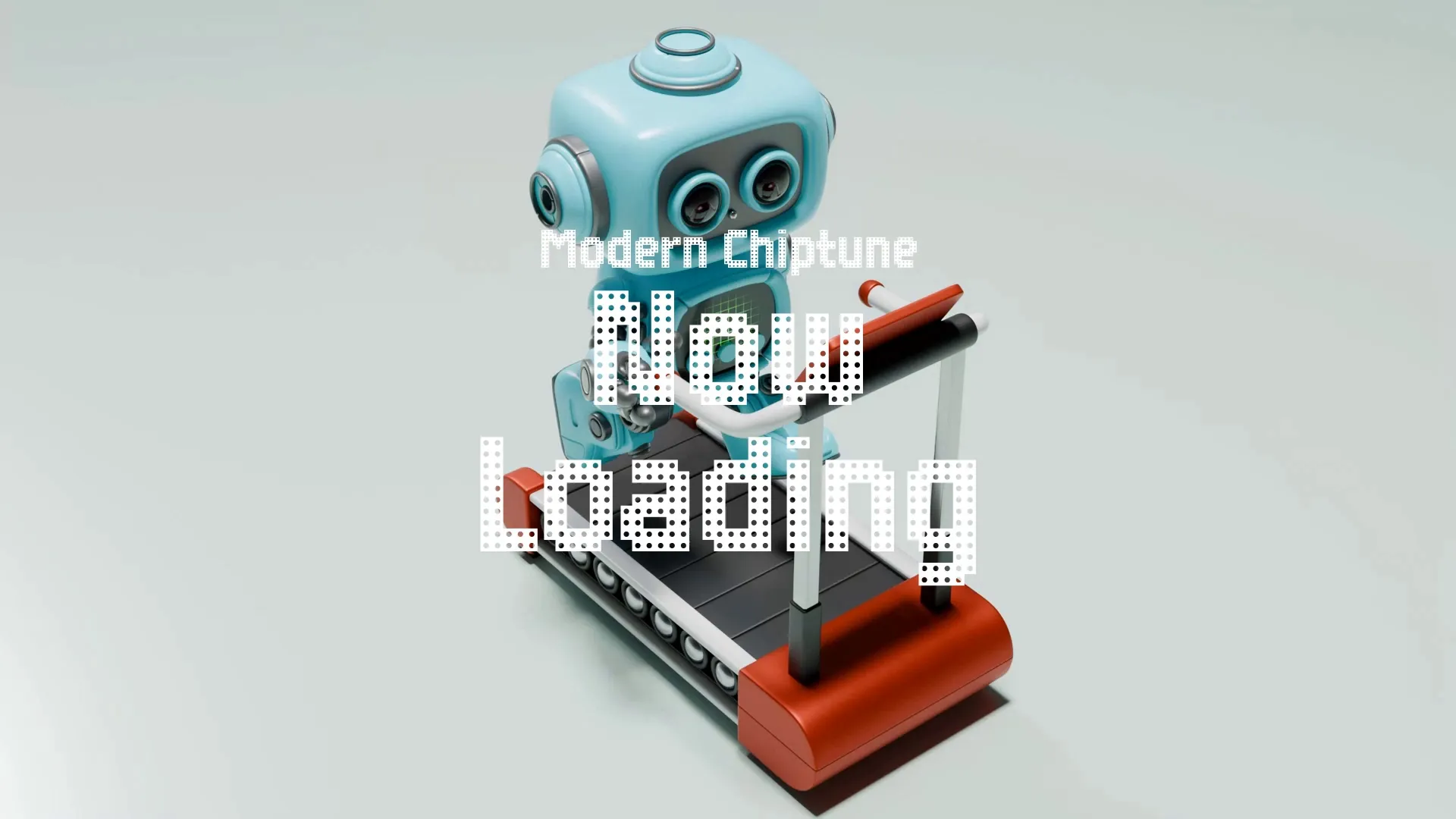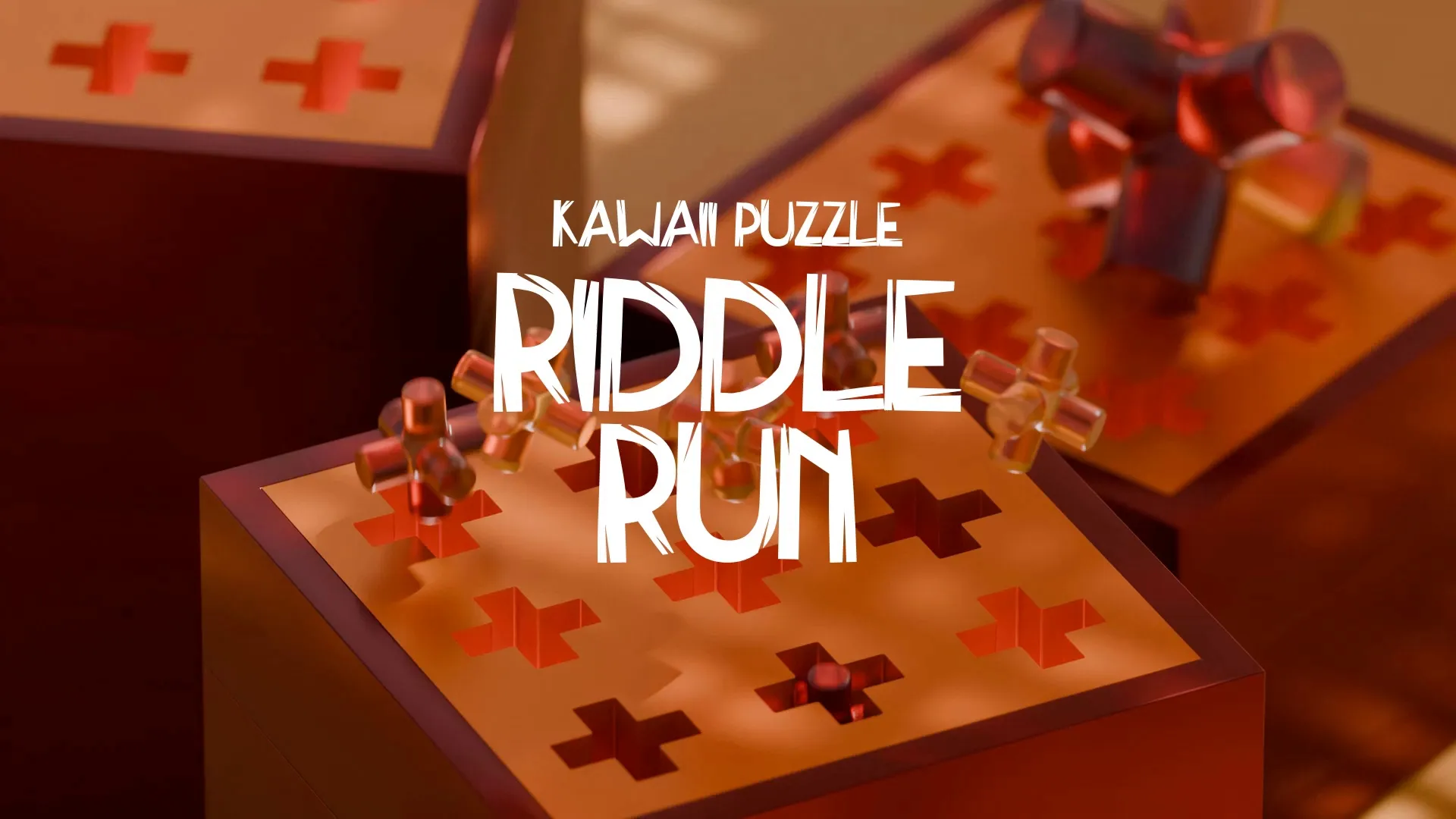The Feedback Loop: Implementing Player Suggestions for Iterative Game Design
The Feedback Loop: Implementing Player Suggestions for Iterative Game Design
Player feedback is not just data; it is a direct line to improving your game. Effectively integrating player suggestions can transform a good game into a great one.
This process requires a structured approach to gathering, analyzing, and acting on input, forming a continuous iterative game design process feedback loop.
Establishing Effective Playtesting Protocols
Best practices for game playtesting begin with clear objectives. Define what specific aspects of your game you want feedback on before each session.
Recruit a diverse group of testers to capture a wide range of perspectives.
Structured playtesting sessions, whether remote or in-person, yield more actionable data than casual observations.
Provide clear instructions and observe player behavior without intervention during initial play-throughs.
Follow up with targeted questions to understand the ‘why’ behind their actions and frustrations.
Analyzing Game User Reviews Systematically
Understanding player reviews for game improvement goes beyond star ratings. Dive into the text of reviews to identify recurring themes and specific pain points.
Categorize feedback by game system, feature, or bug type to make it manageable.
Tools like Sentiment can automate the analysis of large volumes of reviews, helping you quickly discern trends and common complaints from platforms like Steam.
Look for patterns in language, frequency of mentions, and emotional tone.
Distinguish between subjective preferences and objective issues affecting gameplay or technical performance.
Prioritizing Player Suggestions for Impact
Not all player suggestions in games hold equal weight. Prioritization is crucial for efficient development.
Create a free account, or log in.
Gain access to free articles, game development tools, and game assets.








.webp)



.webp)










